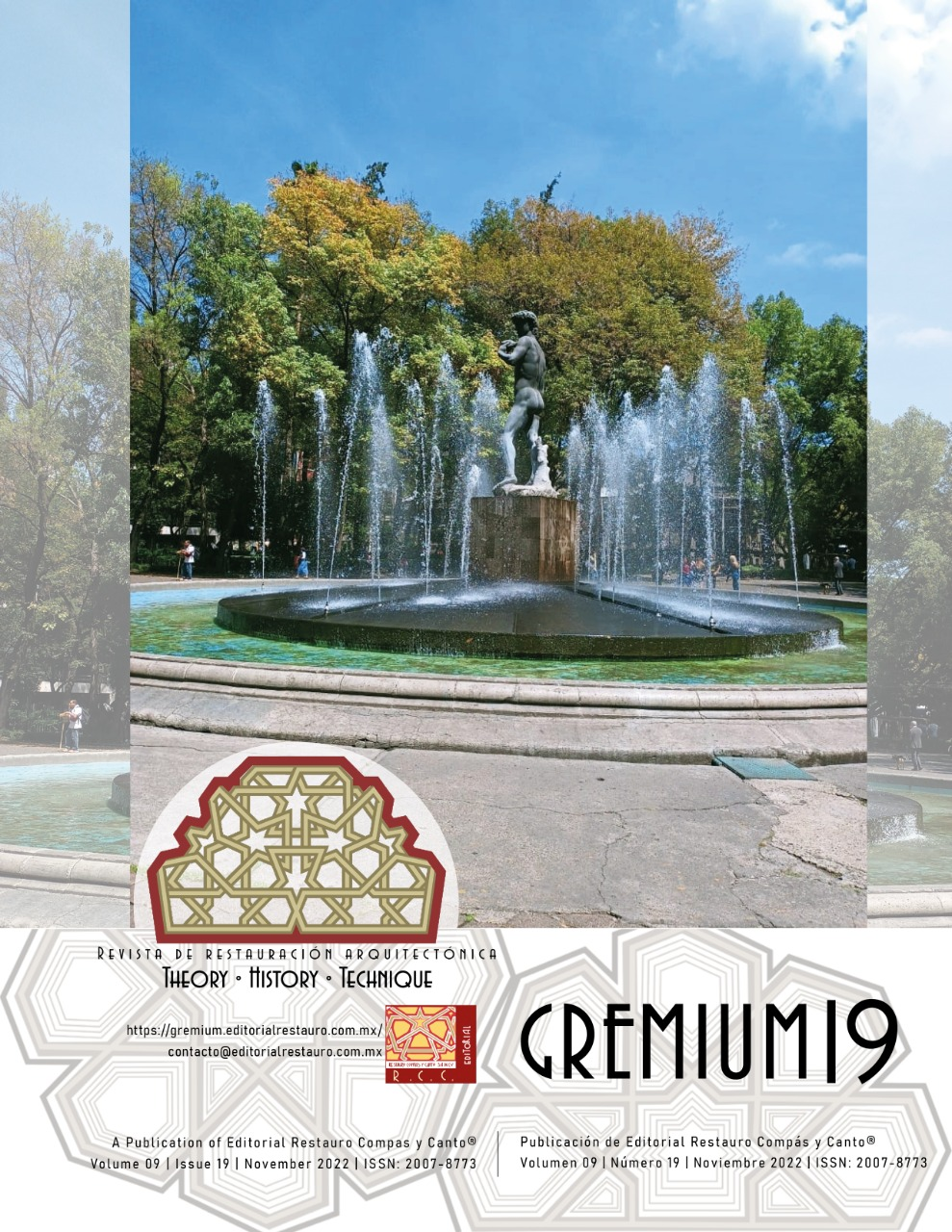Review: Mobility and violence against women in Mexico City’s public spaces
DOI:
https://doi.org/10.56039/rgn19a08Keywords:
Women, Assault an sexual harassment, Public spacesAbstract
The objective of the book was to conduct a collective investigation about the risk of becoming a victim of violence in daily used public spaces in a large metropolis such as Mexico City, due to the condition of being a woman. For this reason, violence against women was visualized in this case as assaults and sexual harassment, which, from a general point of view, have been part of the social behavior of its perpetrators: men. In this way, the feeling of insecurity of women derived from assaults and harassment, limits women’s mobility in some public spaces reinforcing social inequality on the access to public services, such as, collective transport (public or private) at specific times and stops considered risky. Thus, unsafe public spaces have been both a social construction and a representation that has influenced in the configuration of new ways of interacting between women and masculinity, a constant that has been governed by apprehension and the fear of being attacked and offended. Consequently, the difference in this regard has resulted in an environment in which the sexual offense against women has transformed into physical aggression, which has been related to the deterioration of public spaces and, with it, the destruction of lights, streets, and avenues, converting them into a receptacle for litter. In other words, a deterioration generated by the absence of public investment.
Downloads
Downloads
Published
Issue
Section
License
Copyright (c) 2022 Gremium

This work is licensed under a Creative Commons Attribution-NonCommercial-NoDerivatives 4.0 International License.























